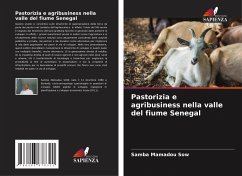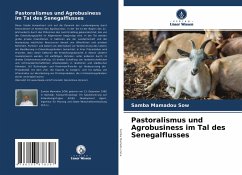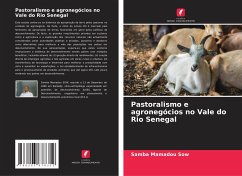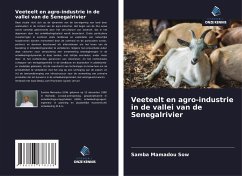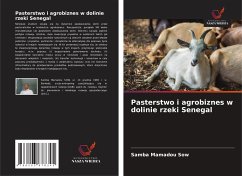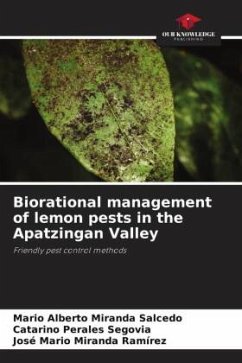
Pastoralism and agribusiness in the Senegal River Valley
Versandkostenfrei!
Versandfertig in 6-10 Tagen
41,99 €
inkl. MwSt.

PAYBACK Punkte
21 °P sammeln!
This study focuses on the dynamics of land appropriation by pastoralists in the context of agribusiness. Indeed, the beginning of the XXI century is marked by the phenomenon of land grabbing favored in general by development policies. Indeed, large private investments in sectors such as agriculture and natural resources exploitation are currently considered by public and private authorities, partners and donors as alternatives to improve the life of populations in developing countries. In their presentation, these sectors are supposed to revolutionize the development dynamics in these countrie...
This study focuses on the dynamics of land appropriation by pastoralists in the context of agribusiness. Indeed, the beginning of the XXI century is marked by the phenomenon of land grabbing favored in general by development policies. Indeed, large private investments in sectors such as agriculture and natural resources exploitation are currently considered by public and private authorities, partners and donors as alternatives to improve the life of populations in developing countries. In their presentation, these sectors are supposed to revolutionize the development dynamics in these countries with multiple benefits, notably through: (i) direct income generation; (ii) direct creation of agricultural and non-agricultural jobs in rural and urban areas; (iii) transfer of technology and know-how to improve productivity in order to increase exports; and (iv) the establishment of infrastructure for processing primary products that were previously unprofitable in developing countries. Translated with www.DeepL.com/Translator (free version)





